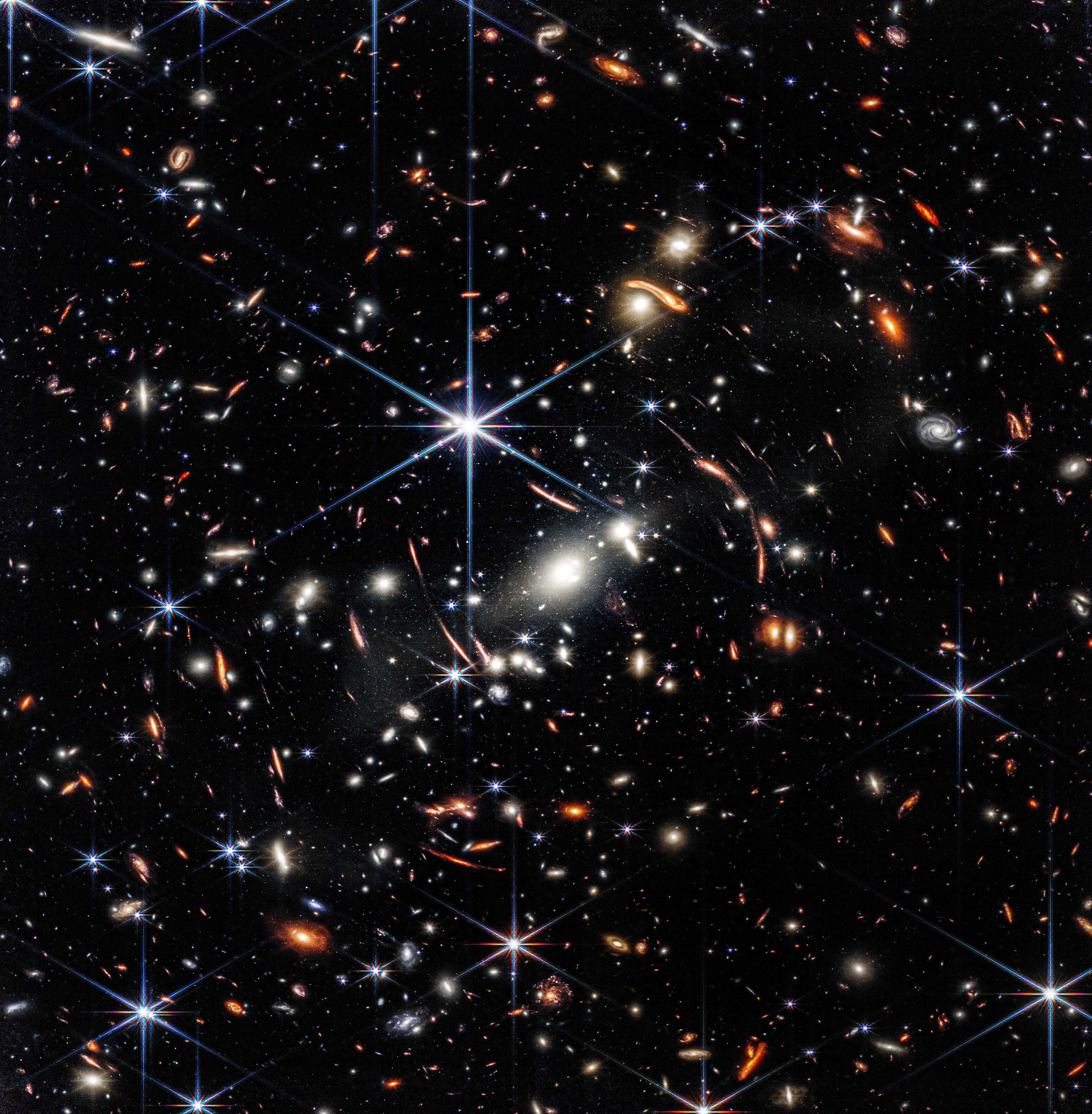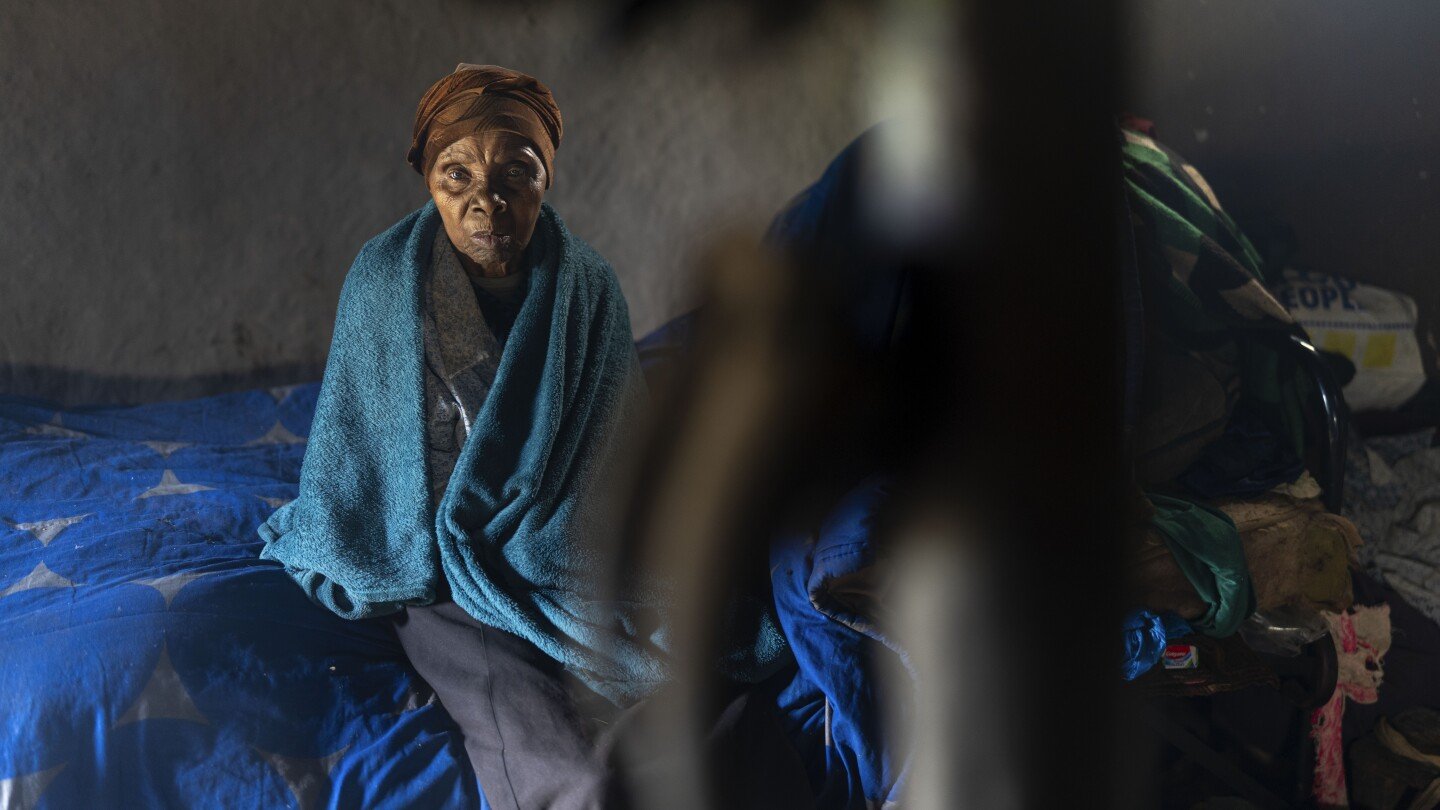At a rural village in South Africa’s KwaZulu-Natal province, unemployed 19-year-old Nozuko Majola is trying to figure out if she has enough money for the one-hour ride to collect her much-needed HIV medication, usually delivered to her home that can’t be easily reached due to rough, untarred roads.
Majola is one of millions of patients in South Africa affected by U.S. President Donald Trump’s global foreign aid freeze, raising worries about HIV patients defaulting on treatment, infection rates going up and eventually a rise in deaths.
In 2024, think tank Human Sciences Research Council released figures showing that Majola’s province recorded the second-highest HIV prevalence in the country, at 16%, with at least 1,300 young people estimated to contract the disease every week.
The cruelty is the point.



